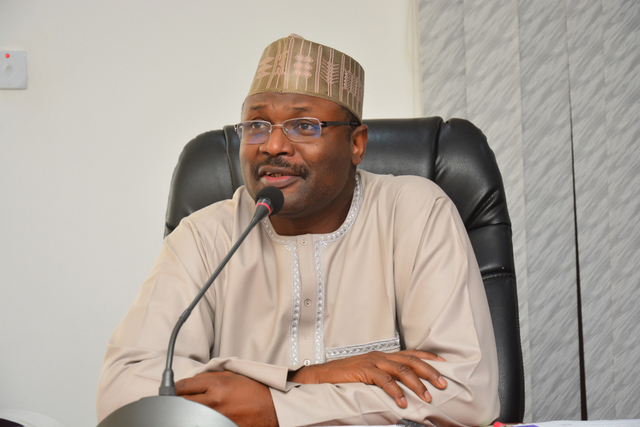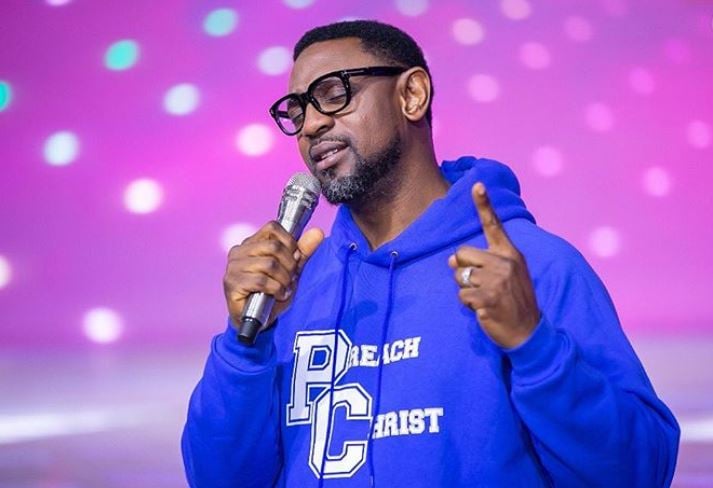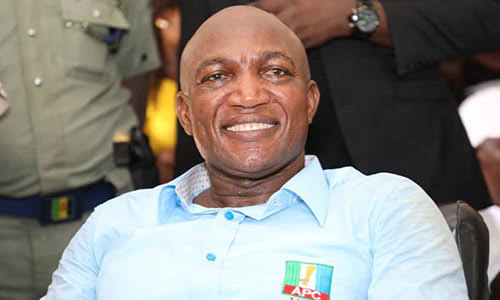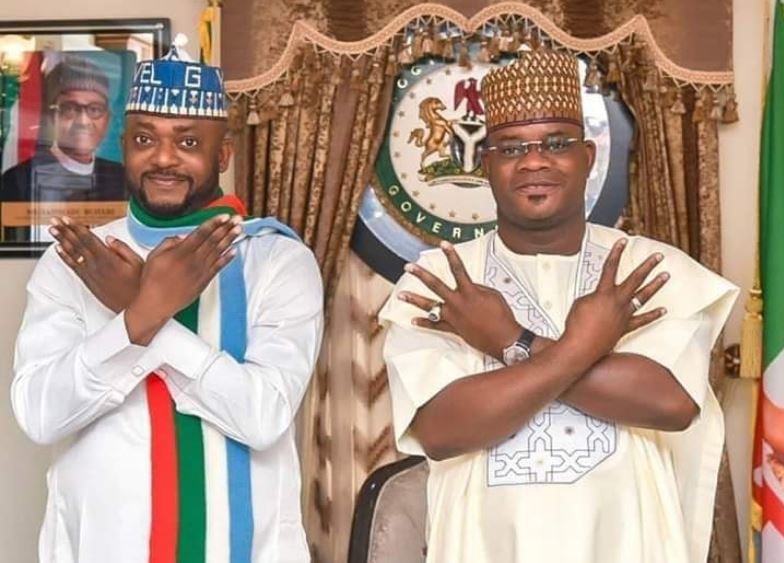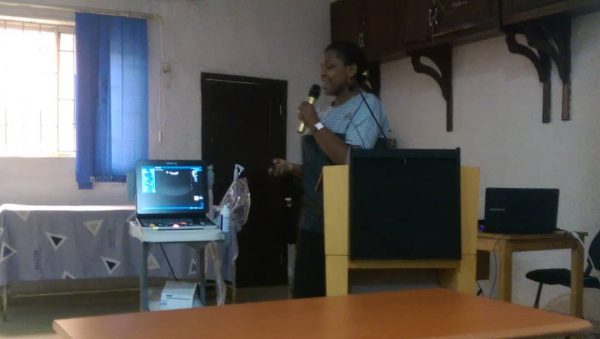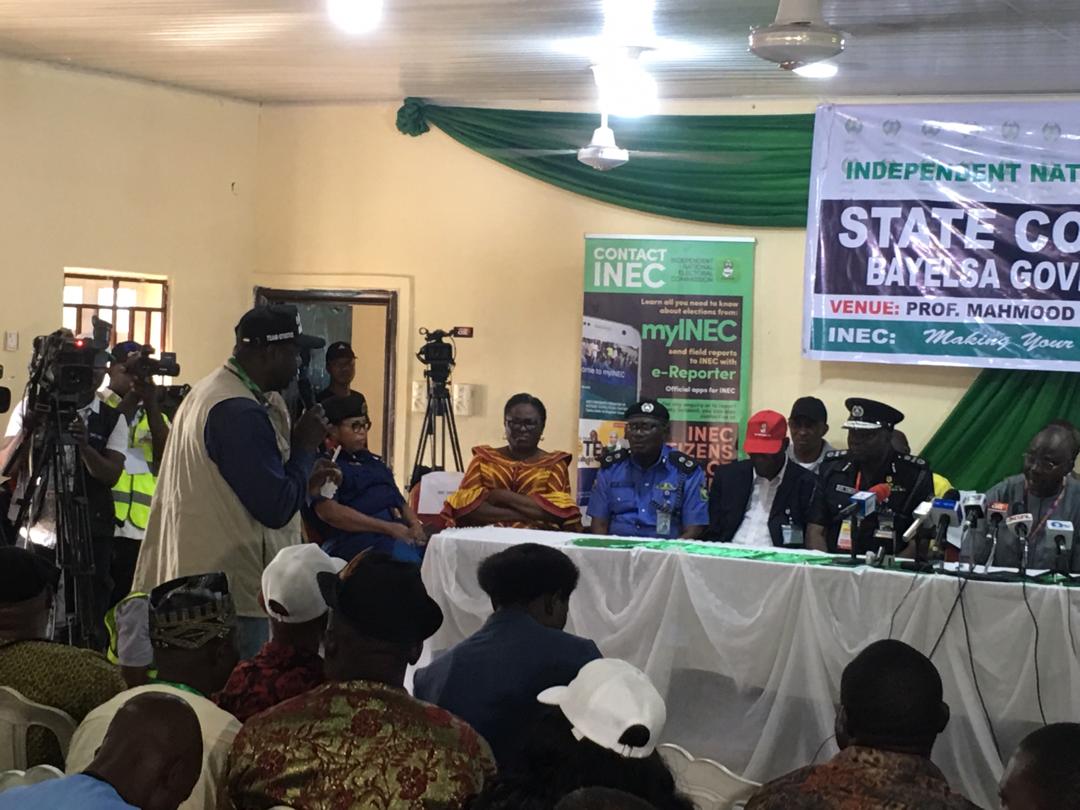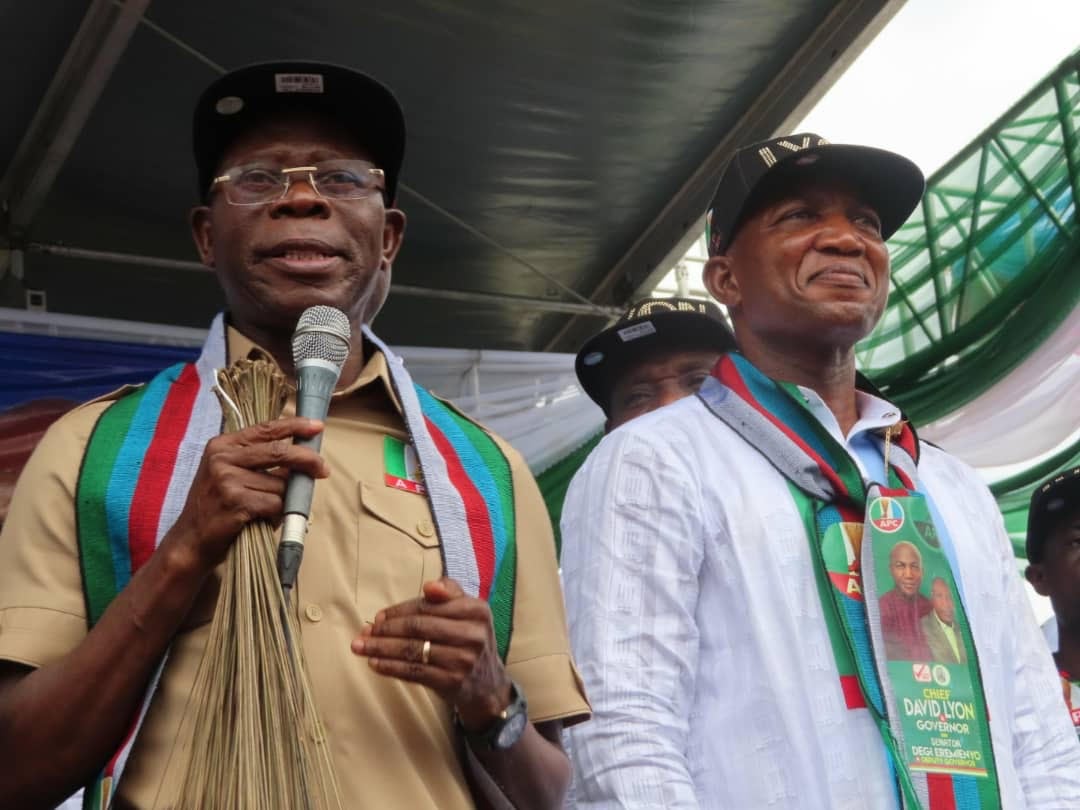The 2007 general election conducted by INEC under the supervision of Maurice Iwu is, perhaps, one of the most fraudulent in Nigeria’s electoral history.
Human Rights Watch said this about that election: ‘’Instead of guaranteeing citizens’ basic right to vote freely, Nigerian government and electoral officials actively colluded in the fraud and violence that marred the presidential polls.’’
Umaru Musa Yar’Adua, the beneficiary of the electoral sleaze, even admitted that the exercise was a travesty.
Really, the electoral process evolved from a ‘’garrison exercise’’ with the conduct of one of the freest and fairest elections in 2015 by INEC under the superintendence of Attahiru Jega.
Advertisement
Before Jega, the electoral body was accorded the “credibility of a con artist”. But he changed all that. He brought a verisimilitude of integrity to the institution, and won trust as well as affection for the commission.
Jega left INEC with a surfeit of trust, having conducted an election in which a sitting president was defeated, and which was adjudged free, fair and credible by most Nigerians and international organisations.
But this “trust” appears threatened going by the avalanche of sour allegations against the commission now.
Advertisement
The recent elections supervised by Mahmood Yakubu are a declension into a past of violence, fraud and garrison democracy. The 2019 general election, for example, was adjudged by international observers to be anything but free, fair and credible.
The EU said the election was ‘’overshadowed by systemic failings’’.
‘’The environment for this election has been difficult with cases of violence and intimidation,’’ it said.
As a matter of fact, the general election supervised by Yakubu in 2019 was in character like that which Iwu managed in 2007 – an electoral exercise of fraud, tears, sorrow and blood.
Advertisement
To say the least, the elections in Bayelsa and Kogi have been despairing – with widespread violence in the confluence state and in the ‘’glory of all lands’’.
Credible organisations have condemned this heist on the efforts of Nigerians to elect their own leaders by themselves and for themselves.
Idayat Hassan, Centre Democracy and Development director, condemned the “coordinated disruption of the voting process and the subsequent destruction of electoral materials by armed thugs” in Bayelsa.
“The very daring way and the manner in which the political thugs disrupted the voting and destroyed materials in such a planned and coordinated sequence, takes everything away from the credibility of the process and its outcomes,” she said.
Advertisement
In Kogi, YIAGA AFRICA, a civil society organisation (NGO), demanded the cancellation of the election. The organisation said political parties and security agencies compromised the credibility of the state governorship and senatorial elections.
“The challenges in Kogi state 2019 gubernatorial elections squarely lies on the failures of security agencies, the police in particular, political parties, the major candidates and their state and non-state accomplices. These stakeholders deliberately worked to undermine the election,” its report on the exercise read.
Advertisement
“They appeared to be more concerned about electoral victory than the credibility and legitimacy of the process. The unacceptable vote buying and violence perpetrated by the systematically recruited and prepared party officials and thugs were carried out under the full glare of the almost nonchalant security officials.’’
So, what is the legitimacy of an election conducted under the cumulus of fear, violence and intimidation?
Advertisement
There have been gripes and wild allegations against the electoral umpire on the recent exercise. By the outrage in certain quarters, it is obvious some Nigerians have lost faith in the ‘’integrity’’ of INEC. The commission is no longer that fearless, dispassionate and impartial arbiter it was known to be from 2011.
INEC has suffered serious credibility crisis under Yakubu. It will take some arduous years to repair the damage done to our electoral process and for the electoral umpire to regain the confidence of citizens.
Advertisement
But I do not see that happening under Mahmood Yakubu.
Fredrick Nwabufo is a writer and journalist.
@FredrickNwabufo

